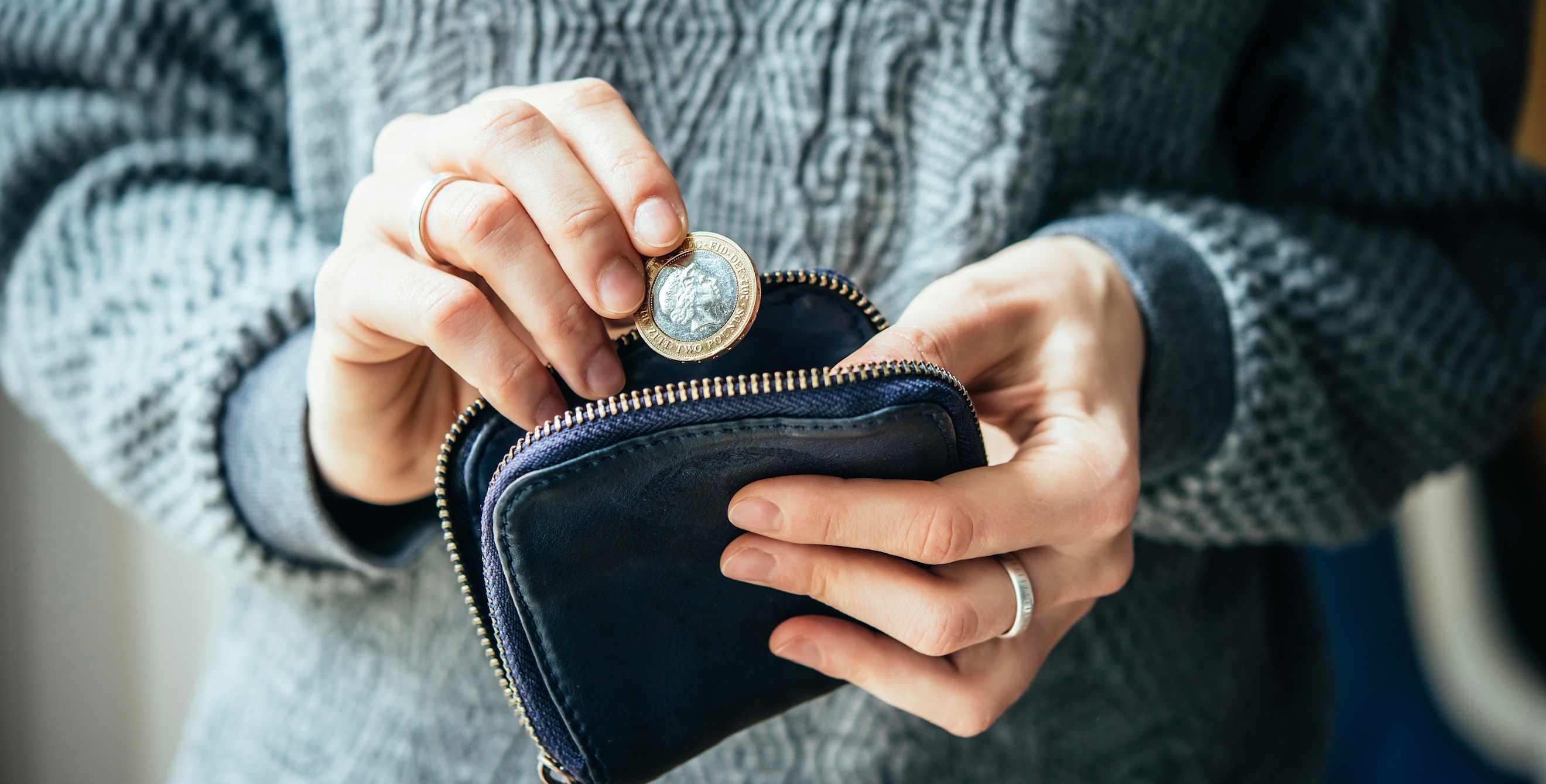
How to Keep Your Money and Credit Cards Safe While Traveling
These simple tips can help you manage your credit cards and cash safely when you travel abroad.

Before Leaving Home
Notify the banks of any of the cards you might use while traveling—credit and debit—where you're going and when you'll be there. This greatly reduces the likelihood that your credit card gets frozen for what the bank thinks are suspicious charges. Many banks allow you to do this through their app or your online account.
If you have multiple cards, find out what international fees each one charges. There may be fees for withdrawing money from an ATM outside your bank's network as well as a foreign transaction fee for every use of the card. If you have time before your trip, consider researching banks to find a card with lower (or no) international fees.
Make copies of your credit card information, including numbers to call in case of loss or theft (most banks allow customers to call collect from abroad). Save a digital copy where you can access it, and tuck a copy in your luggage.
Find out what bank machine symbols are associated with your cards, especially if some of them mean eliminating fees, and make sure you know your PIN in numbers—not a word you've memorized—as not all international ATMs have letters on the keypad.
While Traveling
Safety is always paramount when dealing with money, and it's particularly so if you're in a foreign country where you're unfamiliar with your surroundings. One of the best and easiest ways to keep your credit cards and cash safe while traveling is with a money belt worn under your clothing. Keep only the card and small amount of cash you think you'll use during an outing, stowing the rest of it safely in your money belt. For women, a cross-body purse that closes securely is a good way to thwart pickpockets. Men should switch to a front-pocket wallet or money clip.
Withdraw cash in large increments rather than just what you need for a single day or purchase. Since there are fees associated with every transaction, fewer transactions means fewer fees. Be alert when using an ATM, especially at night, and always cover the keypad when inputting your PIN. Trust your instincts: If you don't feel safe at a bank machine, find a different one.
When using your credit or debit cards abroad, make sure the transaction is in the local currency. Some merchants and bank machines will offer to make the conversion to dollars for you. It seems like a kindness, but the exchange rate for this kindness is usually abysmal. Plus, your bank may still charge you a foreign transaction fee, so the whole thing costs more than it would if you simply left the transaction in the local currency.
Get more out of your vacation: Book through AAA Travel for exclusive Member benefits.